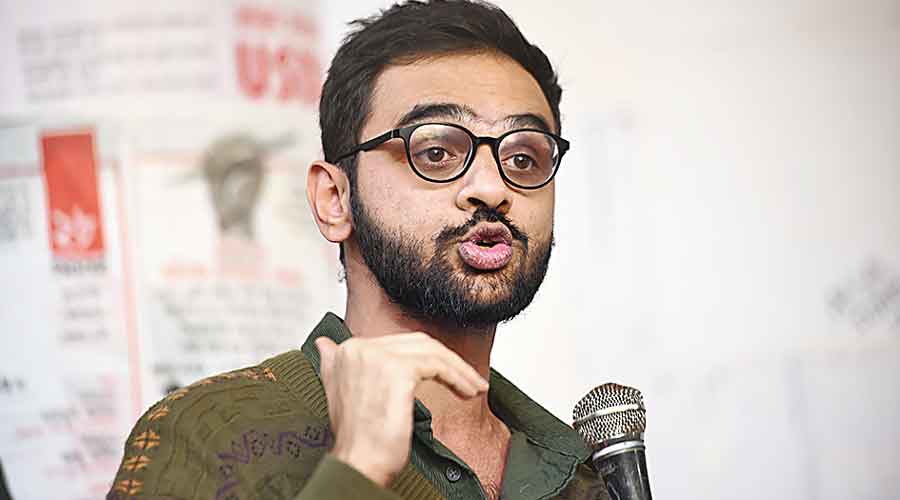On August 18, the Supreme Court postponed the hearing on Umar Khalid’s bail request in a UAPA case linked to the February 2020 disturbances in the National Capital.
The bench of Justices Aniruddha Bose and Bela Trivedi directed that the bail plea be heard on a non-miscellaneous day. They also ordered it to be scheduled after two weeks. Senior advocate Kapil Sibal, representing Khalid, accepted this recommendation. As a result, the case was subsequently posted after two weeks.
Tuesdays, Wednesdays, and Thursdays in the Supreme Court are reserved for business that requires extended hearings.
On August 17, Umar Khalid’s hopes for a successful bail hearing were dashed. His case was initially added to the Supreme Court cause list but was later removed. The case had previously been heard by a bench of Justices A.S. Bopanna and P.K. Mishra on August 9.
However, Justice Mishra withdrew. As a result, the matter was postponed until August 17, allowing it to be heard by a different panel of judges.
In a case related to the February 2020 Delhi riots, the former Jawaharlal Nehru University student leader faces charges under the Unlawful Activities Prevention Act.Mr. Khalid is charged with participating in a “larger conspiracy” that was responsible for the communal violence.
Senior advocate Kapil Sibal has often contended in court that Mr. Khalid’s request for personal liberty should not be delayed. He cites his client’s imprisonment of over two years as a reason.
In October of last year, the Delhi High Court rejected Mr. Khalid’s bail request. The court stated that it considered the charges against him at least presumptively true and emphasized his regular communication with the other co-accused.
According to the High Court, the accused’s actions met the UAPA’s requirements for “terrorist acts” on the surface. The report indicated that the demonstrations against the Citizenship Amendment Act underwent a transformation into violent riots. This transformation was described as “metamorphosing into violent riots.” The report also highlighted that these riots “prima facie appeared to be orchestrated at the conspiratorial meetings.” Furthermore, the accounts of witnesses indicated Mr. Khalid’s “active involvement” in these demonstrations.

